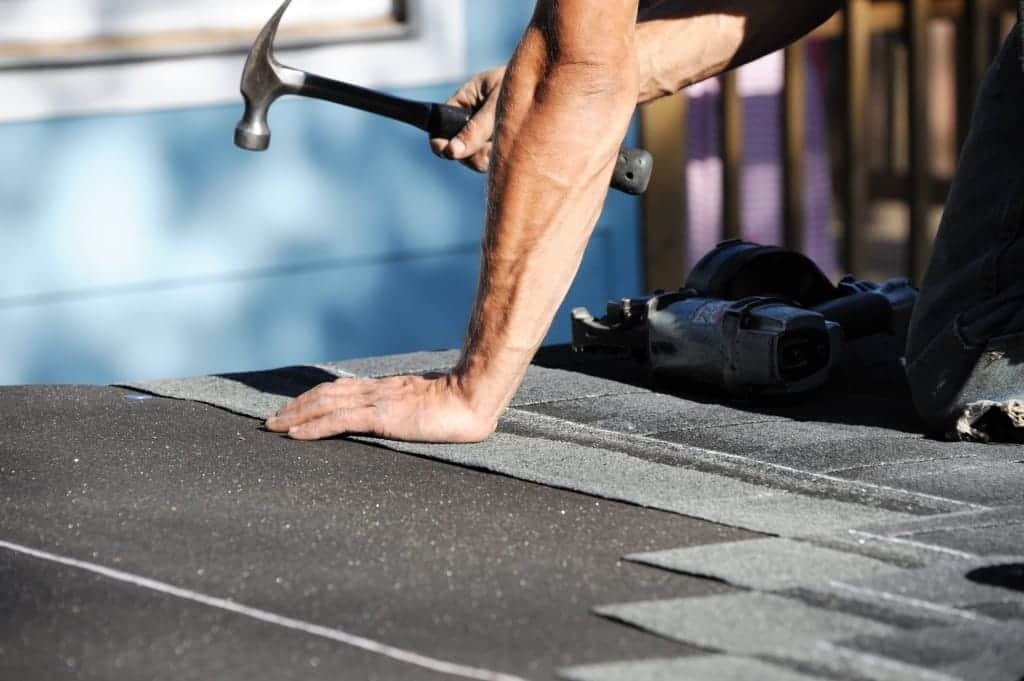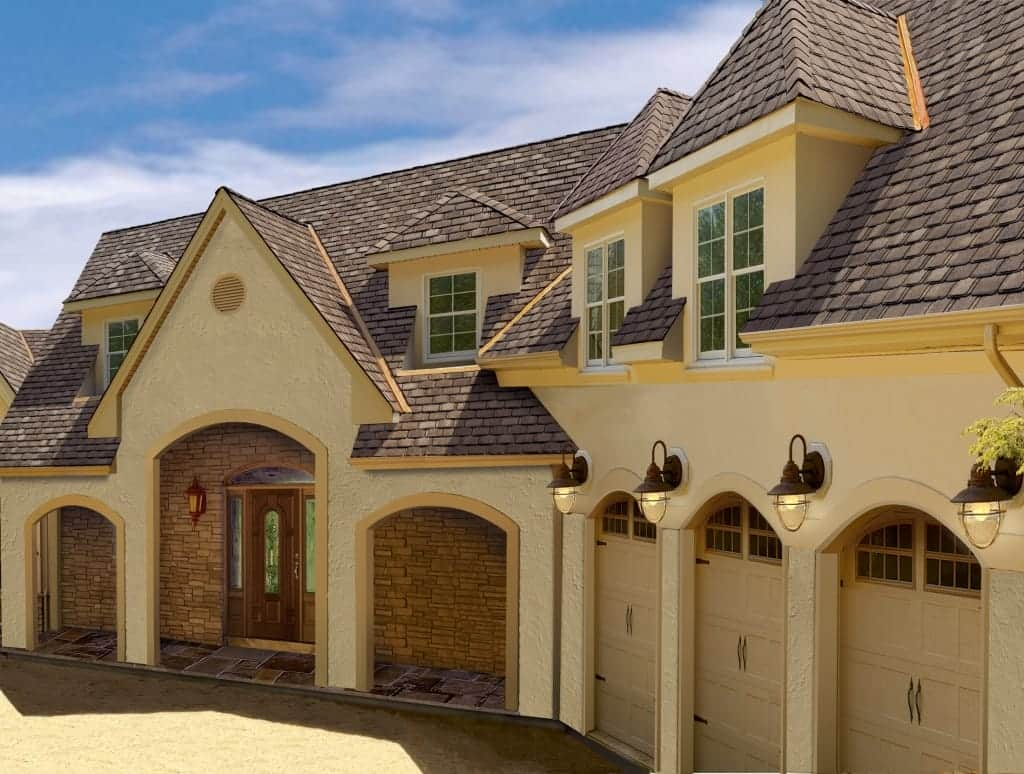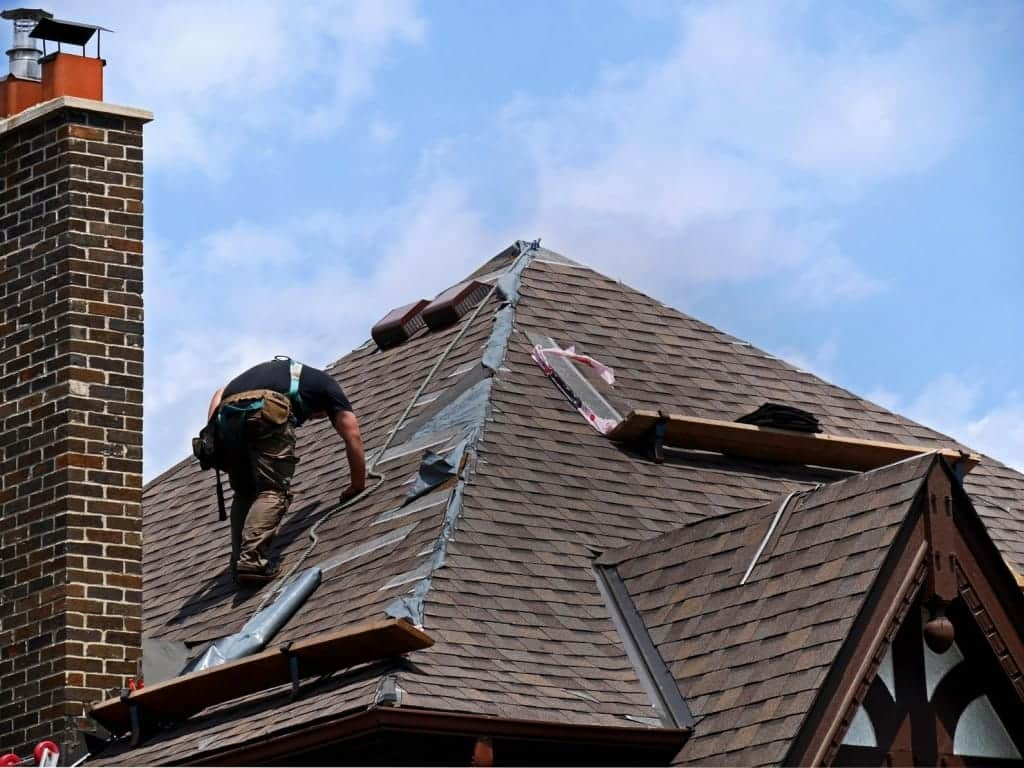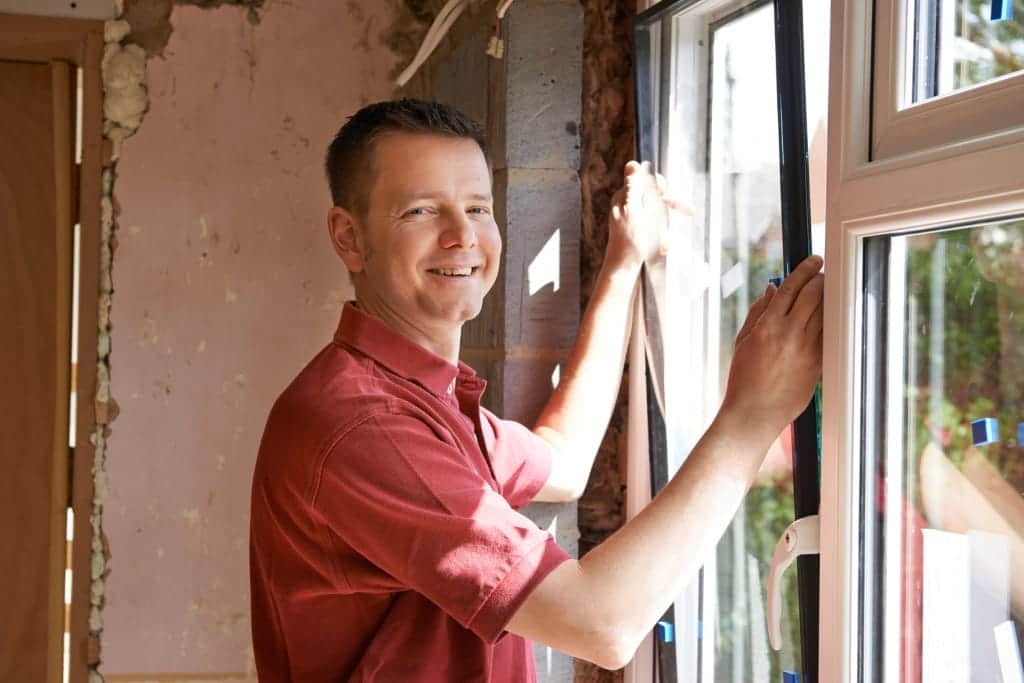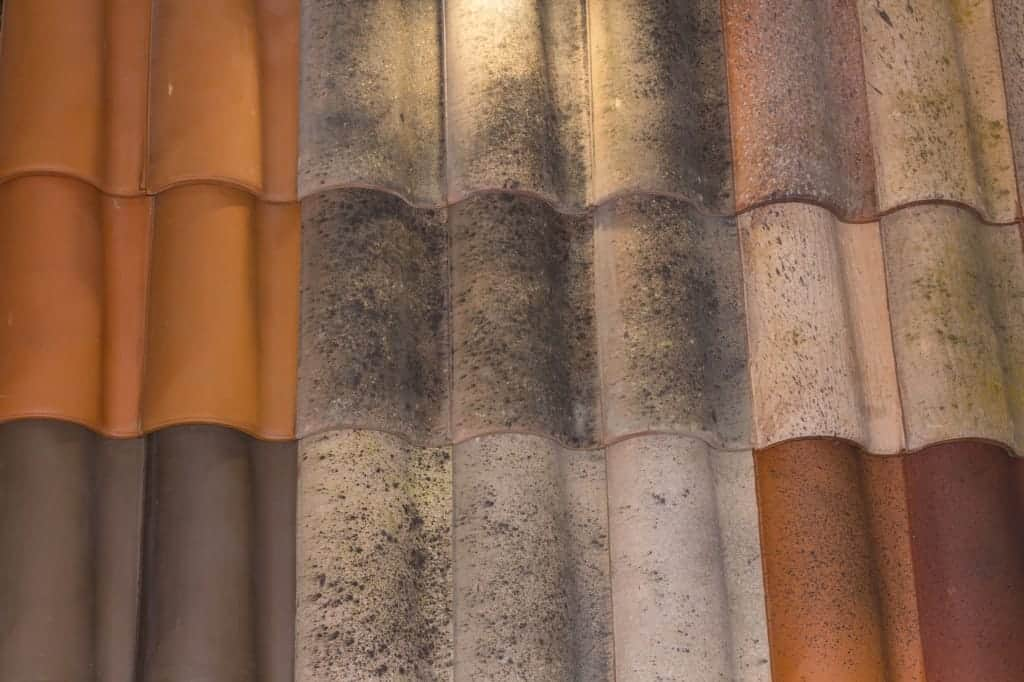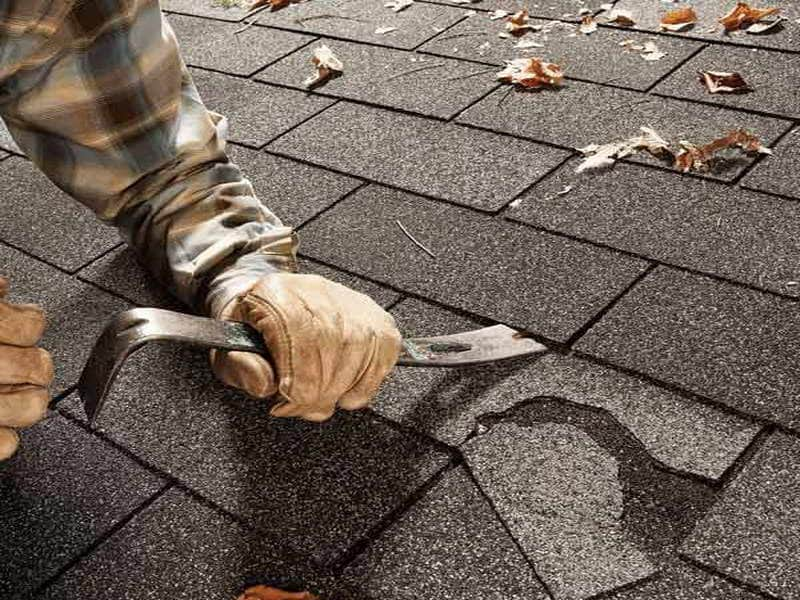How New Windows Can Benefit Your Home This Winter

 Brand new replacement windows benefit homeowners at any time of year, but especially in winter. Heat loss due to air leakage in and out of the home is one of the most common issues with older windows. Heat loss translates to higher energy bills and an uncomfortable indoor environment.
Brand new replacement windows benefit homeowners at any time of year, but especially in winter. Heat loss due to air leakage in and out of the home is one of the most common issues with older windows. Heat loss translates to higher energy bills and an uncomfortable indoor environment.
Problems With Outdated Windows
The types of problems outdated windows develop over time include:
• Cracking, warping, peeling, swelling and other deterioration of the frame
• Build-up of condensation between panes with co-existing mold and dirt
• Air leakage through faulty weather-stripping and caulking
• Uncomfortable drafts from cold glass or cold spots on the nearby walls
• Obstructed views of the outdoors
• Fading of window treatments, rugs and furniture related to overexposure to the sun’s ultraviolet rays
• Failing hardware, which prevents windows working properly
Benefits of Replacement Windows
With these concerns in mind, you should consider the many benefits of new windows, especially for the winter months. Not only do quality windows increase curb appeal and the overall value of your home, they are easier to keep in good working order and to clean. Whether frames vinyl, wood clad, vinyl or a composite material and whatever the shape or style, replacement windows have many practical benefits that center on energy efficiency and comfort for the homeowner.
Energy-Efficient Recommendations
The United States Department of Energy recommends that consumers choose the most technologically up to date windows they can afford. These windows –from frame to glazing to style and operation — are constructed to maximize the sun in the winter and minimize it in the summer. This refers to both the amount of heat transferred in and out of the space through the glass and frame, as well as the amount of visible light in the home.
Ratings Explained
Sometimes the ratings that accompany window can be confusing unless you know what they mean. Let’s look at a few of the most important rating listings you might see.
• A high visible transmittance (VT) number means the windows let in ample light, which is important in brightening a home during the darker winter months.
• Light to solar gain (LSG) should be high, because this kind of window allows both sunlight and heat into a room, making full use of the sun’s warmth in the winter.
• The U-factor refers to the entire window’s ability to hold heat in the room, keeping it more comfortably warm in winter and cool in summer. A lower U-factor means it’s more energy efficient.
• Solar Heat Gain Co-efficient (SHGC) measures how well a window actually collects heat in the cold weather.
A reputable window replacement contractor can assist you in understanding how these energy performance ratings affect your choice of replacement windows. In general, windows with an Energy Star label help keep heating and cooling costs down.
Avoiding Air Leakage
The Department of Energy urges homeowners to choose windows with low air leakage. When air leaks around or through a window, heat is lost in the winter, and cooled air is lost in the summer. Neither is comfortable or energy efficient.
The type of window you choose impacts air leakage. A fixed replacement window, which is one that can’t be opened or shut, allows no air to pass. Casement windows, for example, have hinges at their sides. They have a very low air leakage level. Any type of sliding frame allows more air to pass. If you’re unsure which type to choose, your window replacement dealer, or contractor, is an expert on what types of window work best in different home environments.
Some homeowners are needlessly concerned about cold weather installation of replacement windows. Professional technicians work in all kinds of weather. The sooner you have it done, the sooner you can start enjoying the comfort, great looks and energy efficiency that modern windows give a house — especially in the winter.
To learn more about having energy efficient windows installed in time for winter, contact Paramount Home Builders today.









